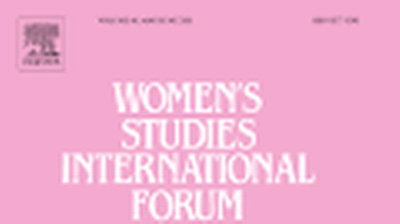It Takes a Female Chief: Gender and Effective Policy Advocacy in Malawi
Traditional leadership often coexists with modernpolitical institutions, yet we know little about how traditional and state authority cues—or those from male or female sources—affect public support for human rights issues. Using an original survey experiment of 1,381 Malawians embedded in the 2016 Local Governance Performance Index (LGPI), we randomly assign respondents to a control group or one of four treatment groups to receive a message about child marriage reform from a female or male traditional authority or parliamentarian. Overall, we find that the female traditional authority is most effective, while other endorsers elicit backfire effects. Endorsements produce complex heterogeneous effects across respondent sex, patrilineal/matrilineal customs, gender attitudes, and institutional trust. We extend traditional governance literature by elaborating an intersectional approach to policy advocacy and building a theoretical framework explaining the impact of state and traditional endorsements across countries and policy domains.
http://gld.gu.se/media/1271/wp11-final.pdf








